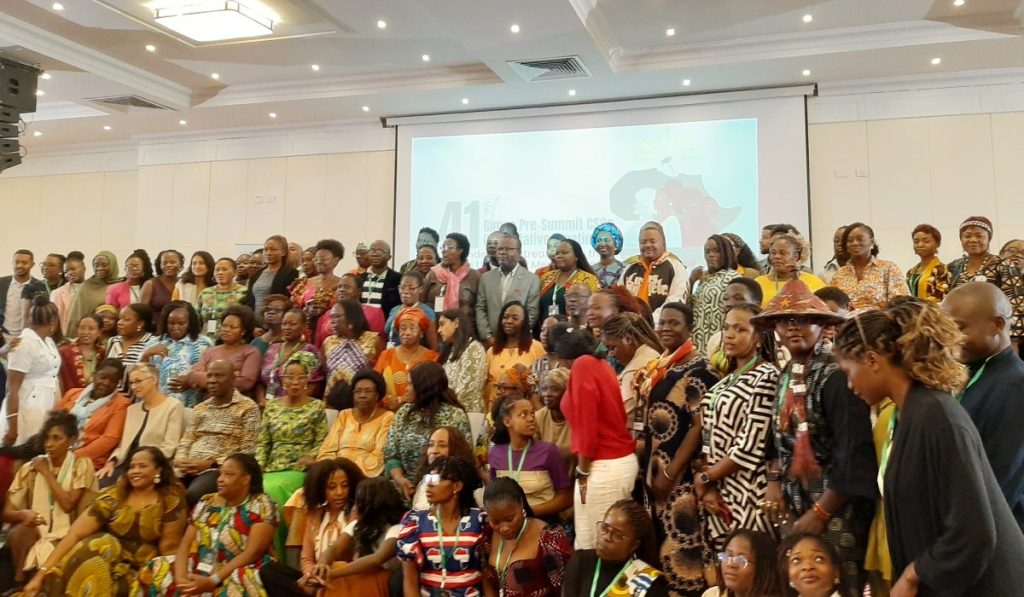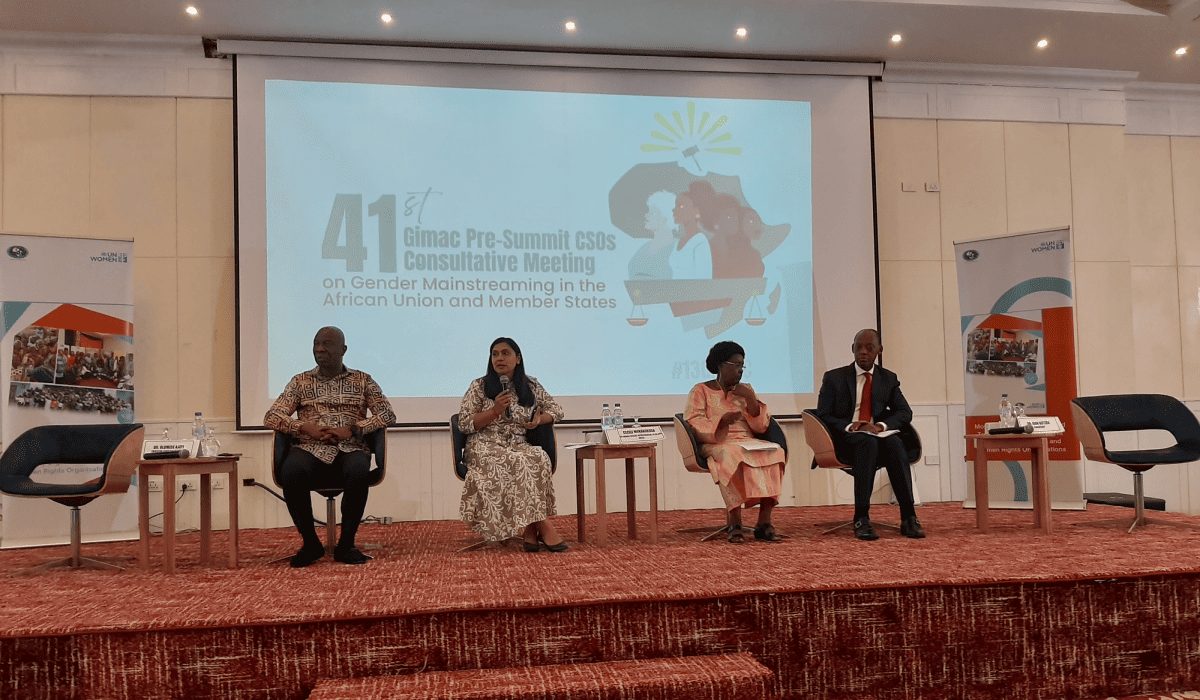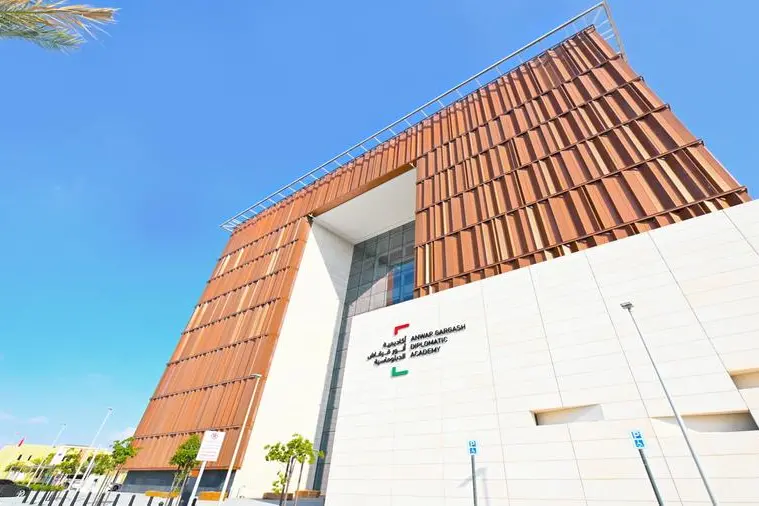The 41st Gender is My Agenda Campaign (GIMAC) Pre-Summit Meetings once again took place on the margins of the AU Heads of State Summit, and aligned to the AU’s theme of “Justice for Africans and people of African descent through reparations.” The 13th GIMAC Youth Advocacy Training preceded the main GIMAC meetings and brought together young leaders, activists, and policymakers in Addis Ababa, Ethiopia, to discuss reparative justice and the enduring impact of historical inequalities in Africa. Themed “Youth for Reparative Justice: Building a Future of Equality and Solidarity,” the training also aligned to the AU’s 2025 theme. These meetings took place from 06-09 February 2025 in Addis Ababa, Ethiopia and virtually.
A key session at the Youth Advocacy Training focused on educational inequalities and their lasting effects, particularly on young women in marginalised communities. Young advocates shared personal experiences and case studies, highlighting how historical injustices continue to shape educational disparities. To address these challenges, participants explored advocacy strategies for educational justice and gender equality. They emphasised the need for community mobilisation, engagement with traditional and religious leaders, and mindset shifts within families. Mentorship and career exposure programmes were also proposed to inspire young girls by connecting them with women in leadership roles.

The overall theme for the main GIMAC meeting focused on “Advancing the Agenda for Justice and Reparations for African Women and Girls”. Speakers emphasised a wide range of factors, including the need to raise awareness for women’s reparations, which should be symbolic and financial. Reparations should not only be for historical purposes but speak to the continent’s current situations such as reparations for women affected by climate change, the management of natural resources, and the negative consequences of conflict, to name a few.
During the discussions, several key recommendations emerged, emphasising the importance of women standing in solidarity with one another; seeking reparations for past injustices, calling for a transformation of global financial institutions, and pursuing debt cancellation. There was also a suggestion to explore processes for equal rights through customary land laws. Additionally, it was highlighted that the adoption and ratification of the AU’s Convention on the Elimination of Violence Against Women and Girls could serve as a vital mechanism to ensure justice and reparations for women and girls. These recommendations are presented at the AU Heads of State Summit.
The Steering Committee Meeting that was held following the GIMAC meetings, discussed with its partners and members, some of the key takeaways of the meetings, as well as some of its strategic approaches to ensure the network’s effectiveness.









